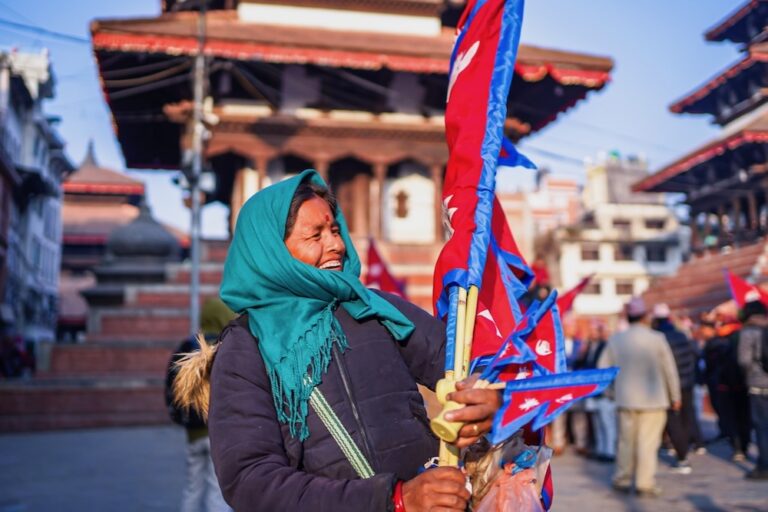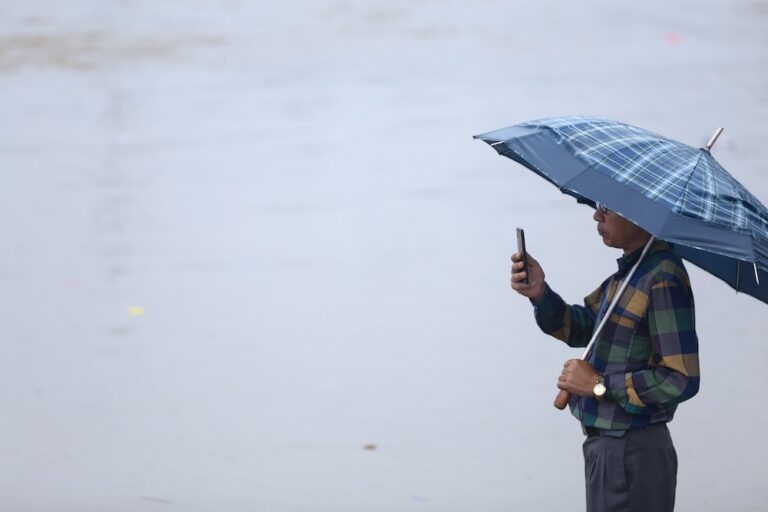(CEHURDES/IFEX) – On 9 November 2004, CEHURDES, in collaboration with the Press Freedom Grand Jury (PFGJ), filed a compensation claim with the Appellate Court on behalf of journalist Shyam Shrestha. The two organisations are demanding compensation from the government for “illegally detaining” the journalist during a state of emergency more than two years ago. Shrestha […]
(CEHURDES/IFEX) – On 9 November 2004, CEHURDES, in collaboration with the Press Freedom Grand Jury (PFGJ), filed a compensation claim with the Appellate Court on behalf of journalist Shyam Shrestha. The two organisations are demanding compensation from the government for “illegally detaining” the journalist during a state of emergency more than two years ago.
Shrestha has been working as the editor-in-chief of “Mulyankan” monthly magazine. An appeal was launched with the higher court after it was quashed on technical grounds by the Kathmandu District Court. Shrestha has named the government’s Cabinet Secretariat, Defence Ministry and Home Affairs Ministry as respondents in the case.
Security personnel arrested Shrestha, along with human rights activists Mahesh Maskey and Pramod Kafle, at the Tribhuvan International Airport in November 2001, as they were leaving for New Delhi to attend a conference.
According to Shrestha, the Royal Nepal Army illegally detained him for eleven days. He was blindfolded throughout the detention and subjected to “severe mental torture”.
“It was a gross violation of my fundamental rights as a citizen of this country,” Shrestha said.
CEHURDES and PFGJ’s legal support desks have filed, for the first time, compensation claims on behalf of 19 journalists, including Shrestha, and two human rights activists, who were detained during the nine-month long state of emergency in 2001-2002.
According to CEHURDES, out of 19 cases filed in district courts in Kathmandu, Morang and Sunsari, 13 cases have already been quashed on technical grounds. The remainder of the cases are still pending. Security forces detained more than 150 journalists during the state of emergency.


